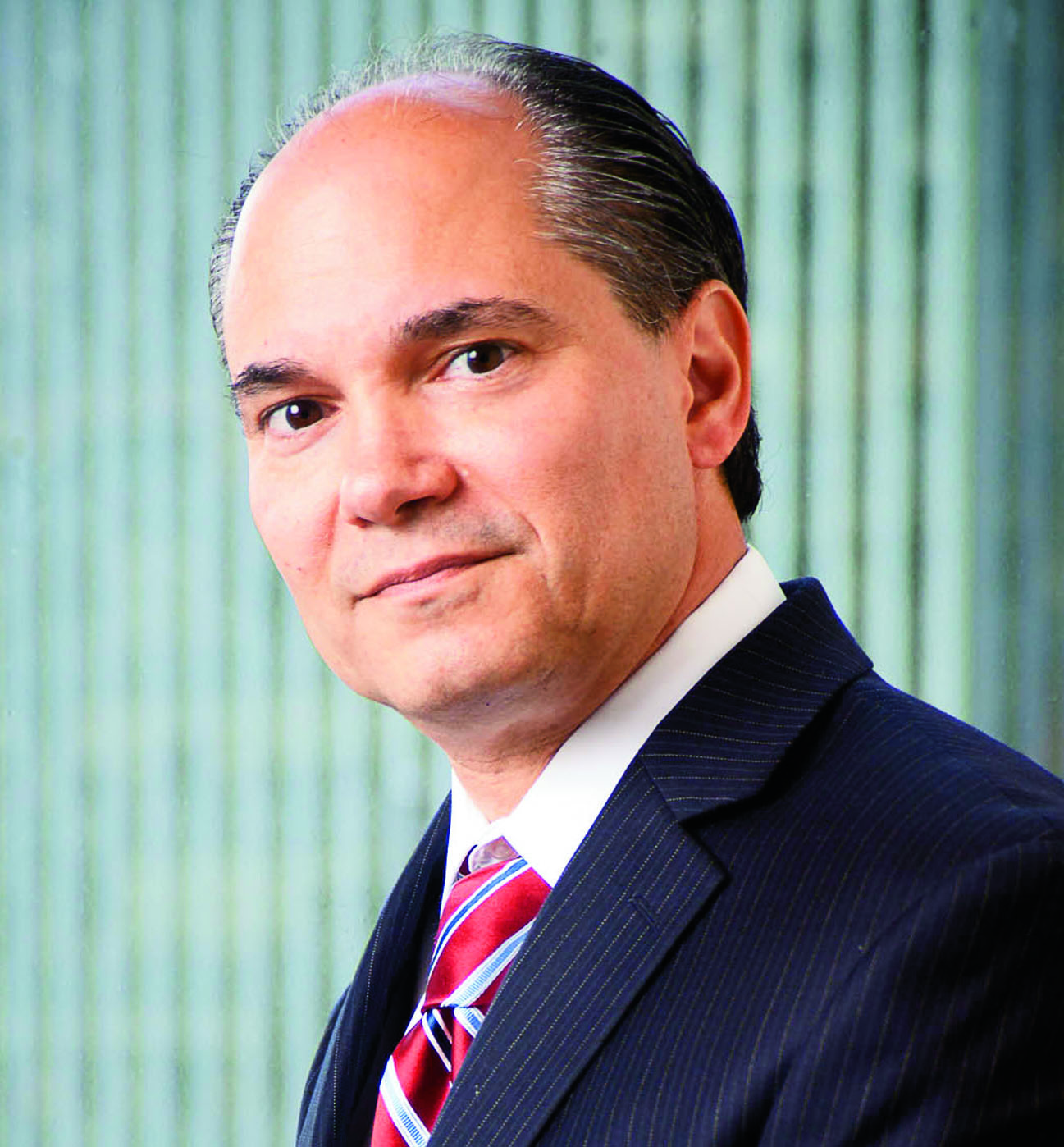Exploring the “made-whole” doctrine
On August 6, 2011, Daniel Dufour sustained bodily injury and property damage in a motorcycle accident for which an underinsured motorist was at fault. Dufour’s policy with Dairyland Insurance Company had a bodily injury limit of $100,000 for underinsured motorists and a separate property damage limit of $40,000. American Standard Insurance Company of Wisconsin insured the at-fault driver, whose policy had a bodily injury limit of $100,000.
Dairyland paid Dufour $100,000 as its underinsured motorist bodily injury limit. American Standard also paid Dufour $100,000 pursuant to its bodily injury limit. It was undisputed that the costs of treatment for Dufour’s injuries arising out of the accident were in excess of $200,000. In addition to the bodily injury proceeds, Dairyland paid Dufour $15,589.86, which was agreed on as the full amount of property damage Dufour sustained.
After Dairyland and American Standard paid Dufour, Dairyland sought subrogation from American Standard for the property damages it paid to Dufour. American Standard paid Dairyland $15,559.86 on this claim.
Dufour contacted Dairyland, requesting payment of the funds it received on its subrogation claim, based on Wisconsin’s made-whole doctrine. Dairyland disputed that he was entitled to further payments from Dairyland.
Based on Dairyland’s refusal, Dufour amended his complaint, alleging that Dairyland breached its insurance contract and acted in bad faith by unreasonably failing to turn over the funds it received in subrogation. The court granted Dufour’s motion for summary judgment with respect to turnover of the funds from Dairyland’s subrogation claim. However, the court agreed with Dairyland with respect to bad faith, concluding that Dairyland did not unreasonably withhold the funds.
Both parties appealed, and the court of appeals affirmed the circuit court’s grant of Dufour’s motion for summary judgment because it concluded that Dufour had not been made whole for his bodily injuries and therefore Dairyland was not entitled to retain the funds it obtained through subrogation. Further, the appellate court held that Dairyland acted in bad faith in light of its obligations under the made-whole doctrine and remanded the case for a determination of damages for Dufour’s bad faith claim. Dairyland’s petition for review was granted, and the case went to the state supreme court.
The court noted that the Dairyland policy expressly provided: “[a]fter we have made payment under this policy and, where allowed by law, we have the right to recover the payment from anyone who may be held responsible.”
The court then examined the principles of subrogation and cited three principles articulated in case law that might affect subrogation: “(1) ensuring that the plaintiff is fully compensated for loss; (2) preventing unjust enrichment; and (3) ensuring that the wrongdoer is held responsible for his conduct and not allowed to go scot-free by failing to respond to damages while another, the plaintiff’s insurer, is required to do so.”
The court next turned to the made-whole doctrine, explaining that the essence of this “anti-subrogation rule” is to ensure that the insured is fully compensated for his loss. The made-whole doctrine attempts to “[b]alanc[e] the insurer’s right to recoup benefits it has paid against an insured’s right to obtain full compensation.” The court pointed out that the made-whole doctrine is not applicable in all situations and is subject to a test of “wholeness” as prescribed in case law. The court concluded that in this case the made-whole doctrine did not apply to preclude Dairyland from retaining funds obtained in subrogation even though Dufour had not recovered all of his bodily injury damages flowing from the accident.
Based on the record, the court was unsure whether the at-fault party was collectable; therefore, it remanded the matter to the circuit court to give the insurer sufficient time to decide how it would proceed.
The court noted that Dairyland fully paid Dufour its bodily injury policy limit of $100,000 as well as 100% of the damage to his motorcycle under its property damage provision. These proceeds constituted every dollar to which Dufour was entitled under his policy. Second, Dufour was paid the bodily injury limit of $100,000 under the at-fault party’s policy. Dairyland permitted Dufour to recover all benefits to which he was entitled under both policies before it pursued its separate subrogation claim against the at-fault party’s insurer. Third, by waiting until Dufour recovered all available proceeds under both policies, Dairyland was not in competition with Dufour for a limited pool of funds.
With respect to Dufour’s bad faith claim against Dairyland, the court held that Dairyland had paid Dufour every dollar to which he was entitled and therefore did not act in bad faith.
The appellate court’s decision was reversed in all respects.
Dufour vs. Progressive Classic Insurance Company and Dairyland Insurance Company-Supreme Court of Wisconsin-No. 2014AP157-July 6, 2016.





